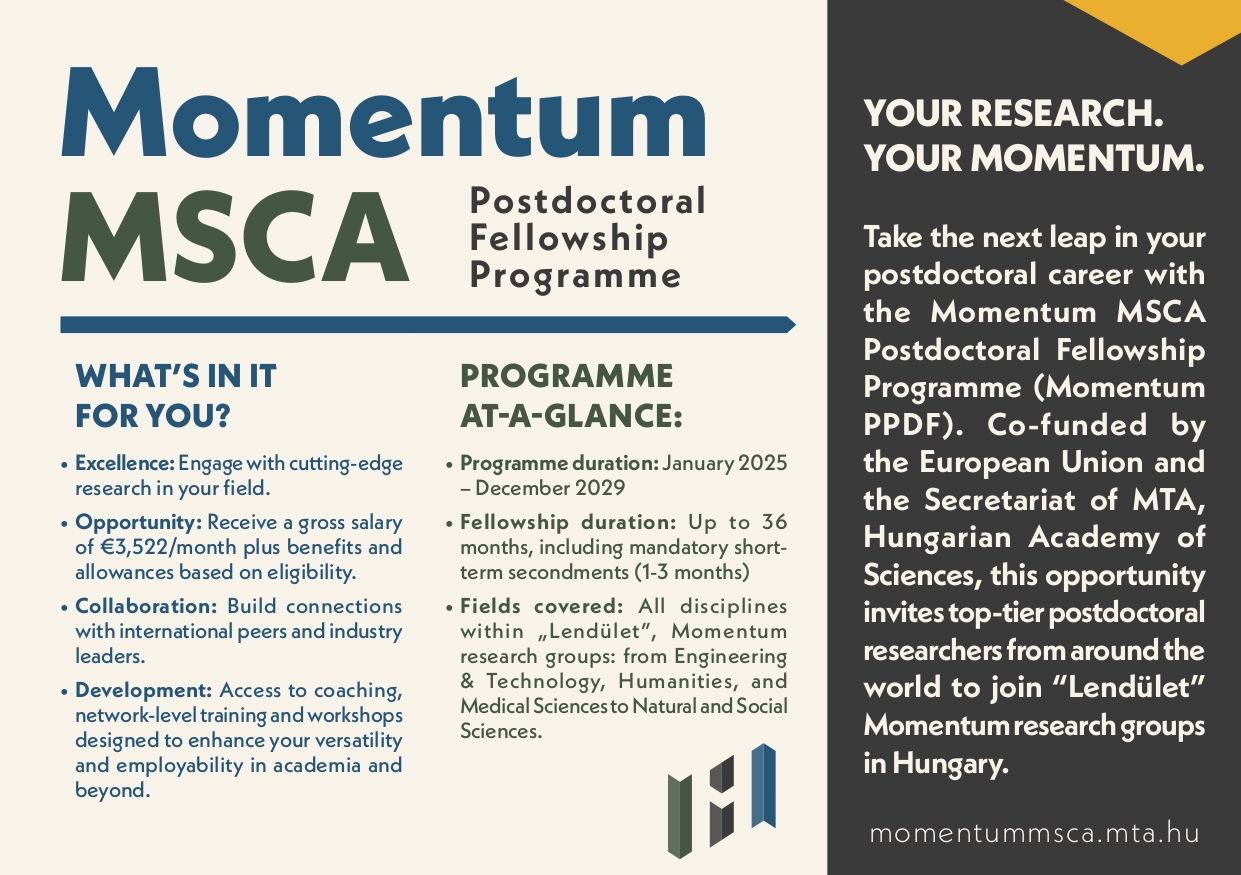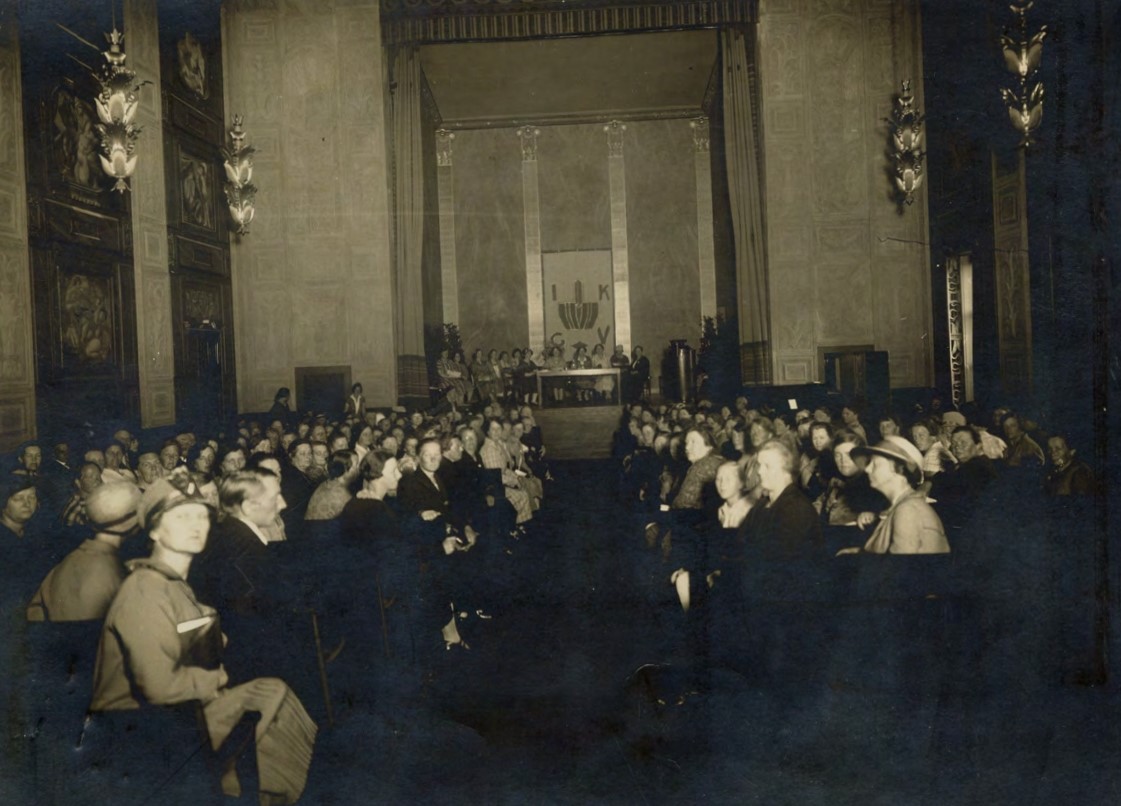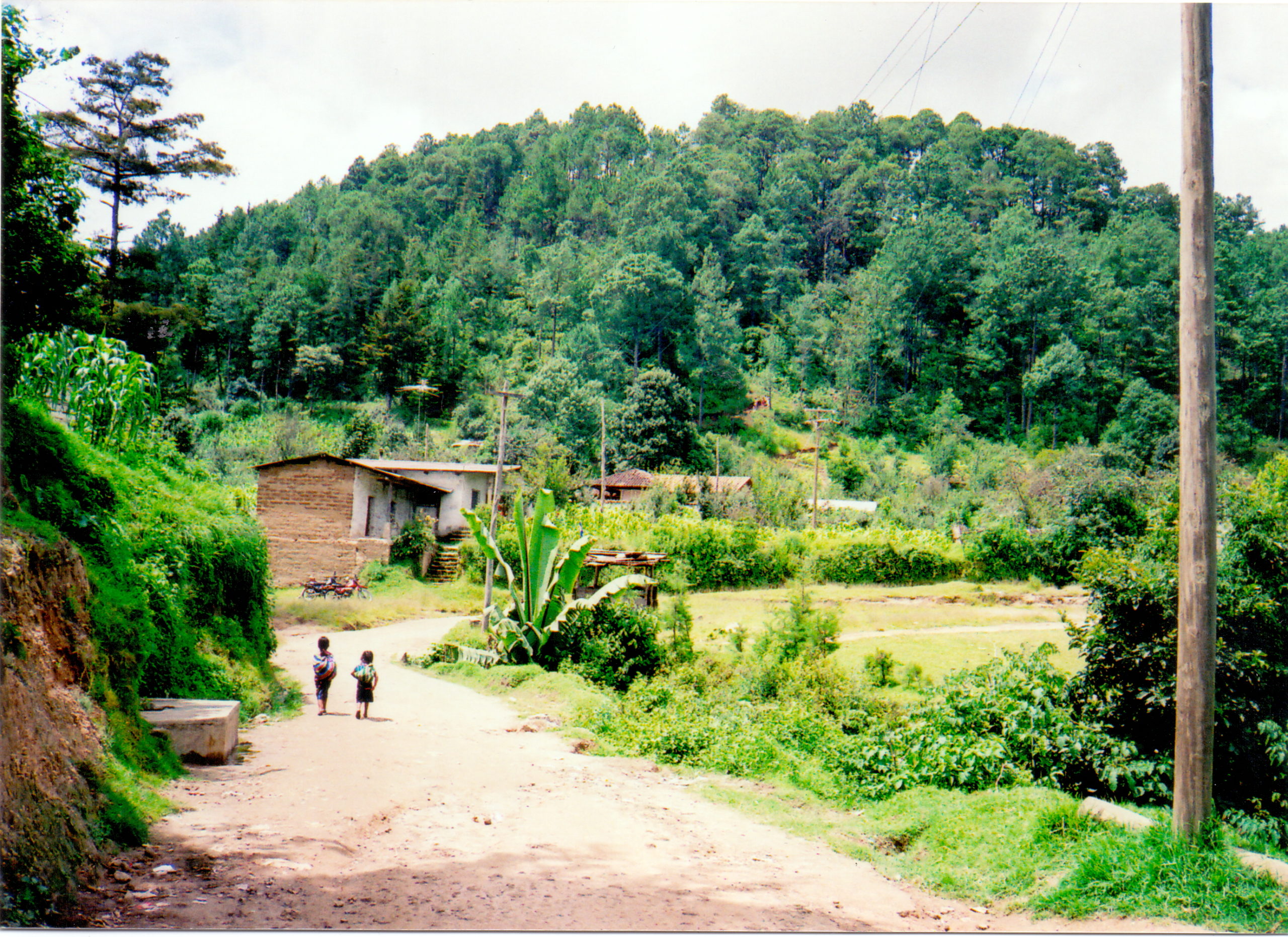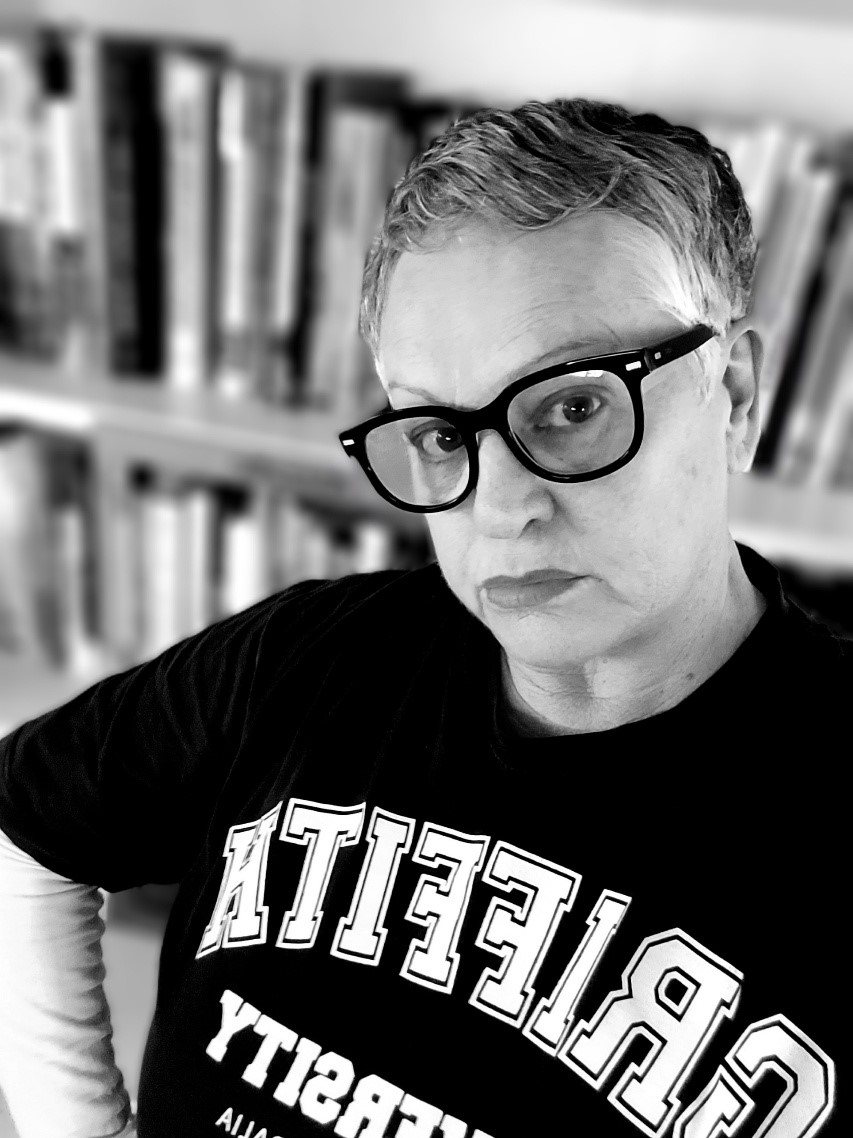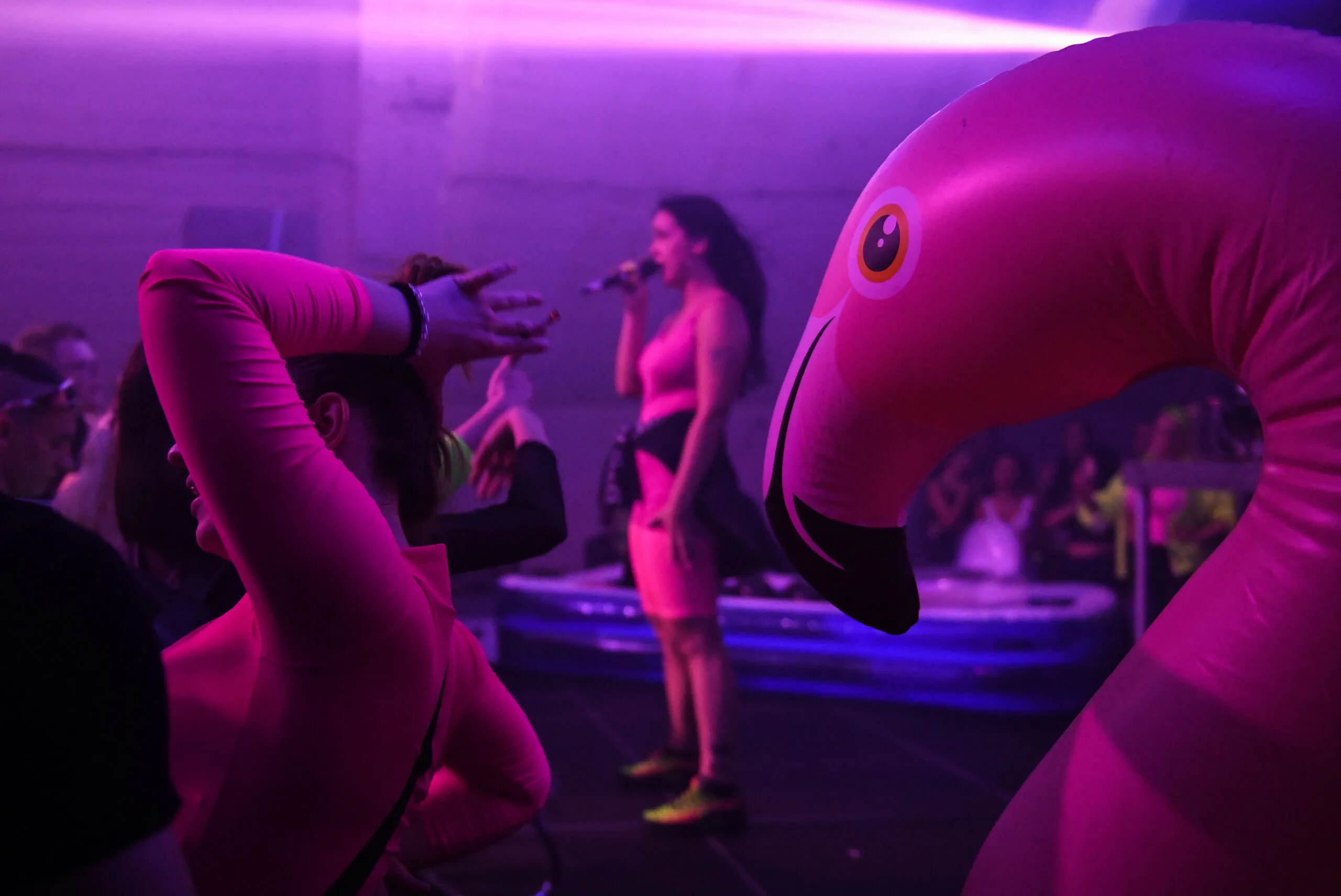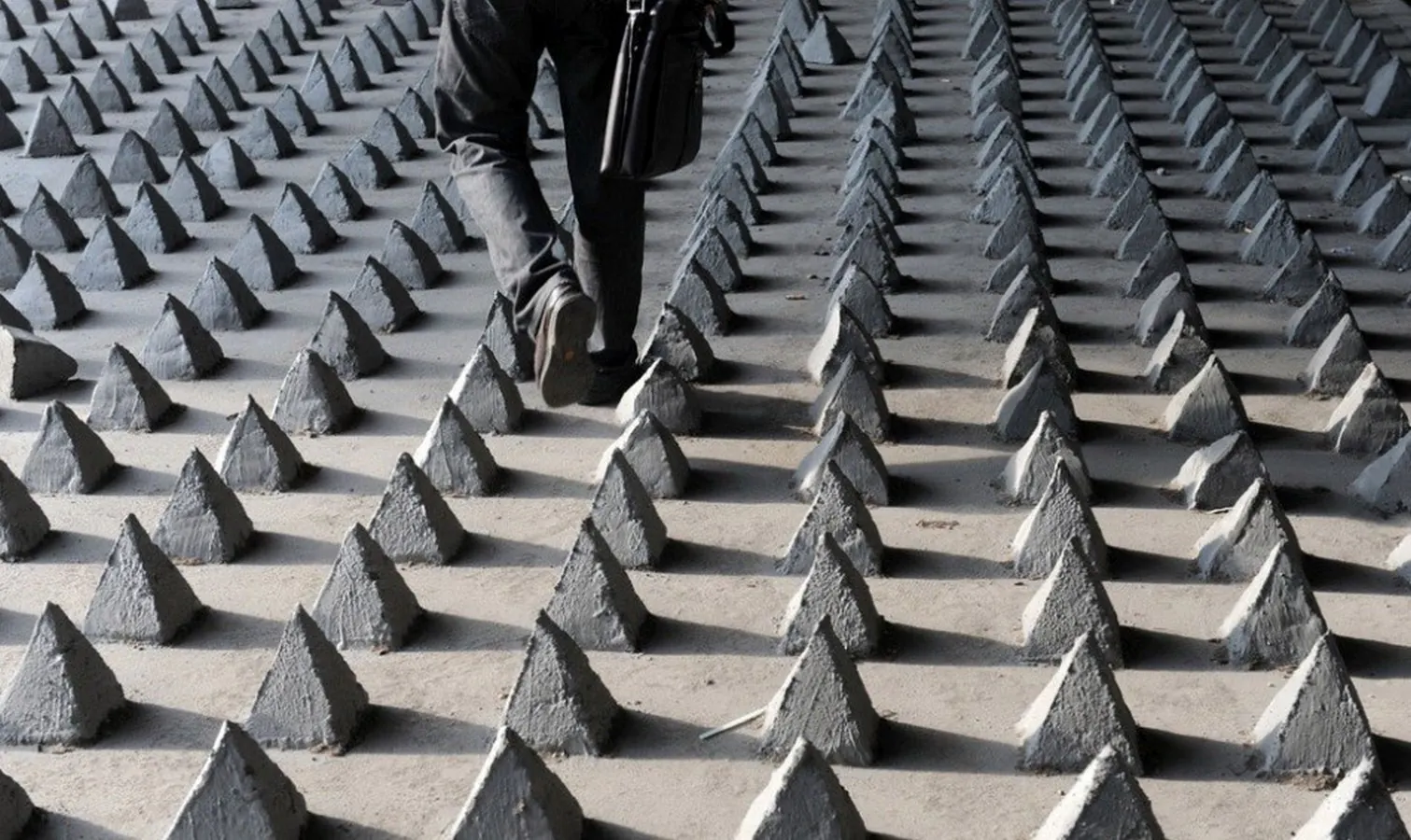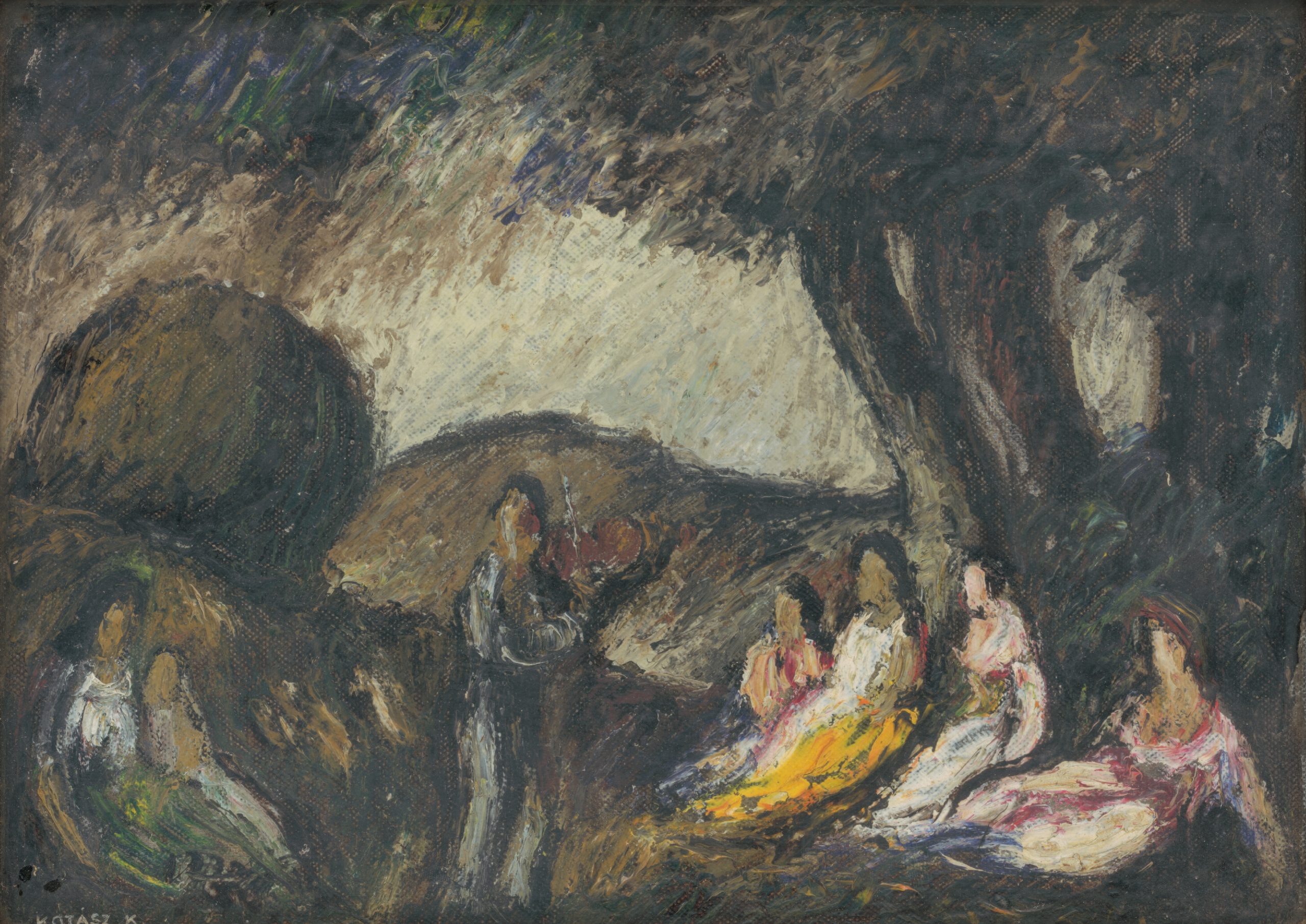Two Lectures by Dr. Debbie Bargallie organized by the ZRC SAZU Institute of Philosophy, in collaboration with the doctoral programme Comparative Study of Ideas and Cultures (Postgraduate School ZRC SAZU) and the Department of Sociology, Faculty of Arts, University of Ljubljana.
1. Unmasking the Australian Racial Contract: Indigenous Exploitation and the Racial Regime of Recognition and Reconciliation
Monday, 3 November 2025, at 17:00
ZRC SAZU Institute of Philosophy & Postgraduate School ZRC SAZU
Gosposka Hall, Gosposka 16, Ljubljana
Beneath Australia’s national narrative of reconciliation lies a “racial contract” built on dispossession, denial, and exploitation.
Dr. Debbie Bargallie, Indigenous sociologist and critical race scholar, exposes how this contract is maintained through state recognition and controlled inclusion of Indigenous peoples. Drawing on her award-winning book Unmasking the Racial Contract: Indigenous Voices on Racism in the Australian Public Service, she reveals the racial regime embedded in settler institutions and highlights Indigenous refusal as an assertion of unacknowledged sovereignty.
The lecture will also engage with her collaboration with Alana Lentin, author of The New Racial Regime: Recalibrations of White Supremacy.
Introduced and moderated by: Prof. Dr. Marina Gržinić, ZRC SAZU.
2. Punjabi Dreaming: Tracing Our Roots and Pathways
Tuesday, 4 November 2025, at 16:30
Faculty of Arts, University of Ljubljana – Department of Sociology
Blue Room, Aškerčeva 2, Ljubljana
Using the term “Dreaming” as a broader concept linking ancestry, tradition, and collective memory, this lecture explores identity as a process of being and becoming, following Stuart Hall’s cultural theory.
Dr. Bargallie examines how Indigenous and diasporic identities are shaped through rupture, relation, and return—drawing on critical Indigenous studies, critical race theory, and oral, poetic, and genealogical traditions of the Mirasi knowledge-keepers.
Her interdisciplinary method combines theoretical analysis, autoethnography, and decolonial research practices, emphasizing oral testimony and community memory as living archives.
Introduced and moderated by: Assist. Prof. Dr. Nina Cvar, University of Ljubljana.
About Dr. Debbie Bargallie
Dr. Debbie Bargallie is Associate Professor (Principal Research Fellow) at Griffith University, Honorary Professor at Macquarie University, and Visiting Professor at Universitas Pesantren Tinggi Darul Ulum Jombang (Indonesia).
A proud Kamilaroi and Wonnarua woman from New South Wales and descendant of the Jat Langrial Muslim community of the Indian subcontinent, she works at the intersections of race, Indigeneity, and decolonial justice.
She chairs the Queensland Muslim Historical Society, directs the Queensland Muslim Cultural and Heritage Centre, and is a researcher at the Centre for the Elimination of Violence Against Women (CEVAW), where she leads projects on racial literacy at work.
Her books include:
- Unmasking the Racial Contract (AIATSIS Press, 2020)
- Critical Racial and Decolonial Literacies: Breaking the Silence (Bristol University Press, 2024, co-edited).
(Photo from her personal archive)


